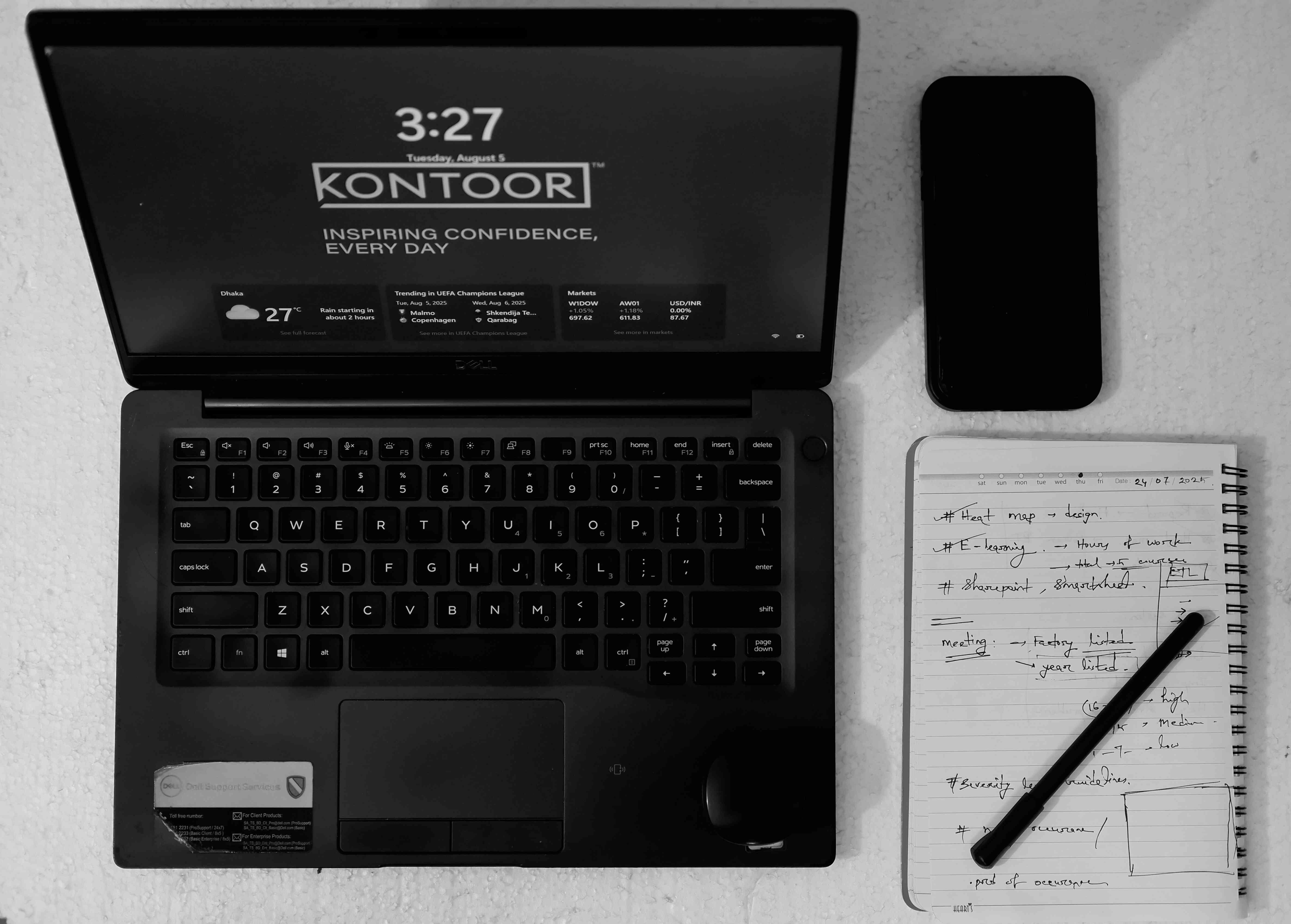Firstly, let’s talk about What is C programming?
C is a general-purpose, high-level, compiler-based, machine-independent structure language that is extensively used in various applications.
A general-purpose language means capable of creating all/various types of programs.
Now let’s talk about which kind of programs or applications we can design with C language.
> Operating system [ e.g : dos, win, Unix…..]
> Editor [ e.g: notepad, wordpad ]
> Commercial applications
> Database
> Translator
> Device driver
And many more…
Is it worth learning the C programming language in 2030???
‘ absolutely ‘ Yes ‘
Remember one thing every programming language has borrowed syntax/features directly or indirectly from the C language. Only the C language can clear the programming logic you need for the whole life. If you learn the C language you can easily switch to another language and that will take very little time to master that language.
Basically, C is a modular/procedural language. When you have the concept of C structure you can easily relate the topic about class that is involved in object-oriented programming.
Lastly, one more thing that is to clear your thought about is it worth or not?
If you want to study computer science then first start with C programming otherwise if you just love coding but not in the CS subject then you can go for a project base programming language like python or something else whatever you love to do, that will be helpful because remember that The basic of Computer Science student is to learn how to solve problems. Here project is not the first priority.
I hope now you have no doubt about this topic.
Now, how you can start with the C language. You can follow the below sequence that I follow to learn. But before starting your very first programming languages, make sure you have some knowledge about the number system like converting numbers from one to another . that will help you more to understand some programming topics.
Note: One thing that will help you to be a good programmer is to keep a notebook and pen with you when you learn about the new topic and write down the syntax.
Here I will just show topic by topic that you need to cover for clear the concept of C language but not showing the description of the topic. So let's start.
> Introduction to C programming.
- History of C
- Importance of C
- C Programming Language Standard
- Basic Skeleton of C
etc…
Remember, this Introduction is not necessary to study but this will help you to keep your interest on your journey.
> The basic structure of C programming
> How C programming works?
> How a C compiler works?
> What is a linker and how it works.
> What happens in computer memory?
> What is an executable file?
> Using terminal to run your very first program.
> What is variable and how to declare variables and naming conventions.
> Keyword and identifiers
> Static variable vs global variable
> ASCII Table [ remember the term which values the letter start and finish and the same as the numbers. ] — before covering it, you have to know about the basic number system.
> Basic input-output functions — printf and scanf.
> Escape Sequence and their effect
> Placeholder / conversion specifier.
> Formatted input and output
> Fundamental of data types and valid range of data types.
> size_t data type in C
> How to typecast in C
> Introduction to Operators
- Arithmetic Operators
- Relational Operators
- Logical Operators
- Assignment Operators
- Increment and Decrement operators
- Conditional operators
- ***Bitwise Operators
- Special operators.
> Precedence and Associativity of operators
> Software development method(SDM)
- Specification of needs
- Problem Analysis
- Design and Algorithms representation
- Implementation
- Testing and Verification
- Documentation
> Selection Structure / Conditional Structure [ if, if else, else if , nested if]
> Programming style/ Indentation style
> Short Circuit Evaluation
> Multiple Selection style [switch case ]
> Data Representation using the signed magnitude
> Repetition Structure / Loops[ while, do while, for, infinite loop ]
> Loop Control statement [ break , continue ]
> Nested loop
### Solve at least 20 pyramids of stars program using loop. That will help you to understand how the loop works.
> Introduction to Arrays
> Definition, Declaration, Initialization and Accessing Arrays elements.
> Designated initialization of arrays
> Learn about Multi-dimensional arrays.
### Solve at least 30 problems using 1d array and solve at least matrix adding and multiplying problems using 2d arrays.
> Searching and Sorting in Arrays [ Bubble sort, Selection sort, Insertion sort, Linear search, Binary search] — these basic algorithms will help to build your algorithms concept.
> Introduction to Character array and strings
> Declare and initialize string variables
> Some useful string handling library
- <ctype.h
- <string.h>
- <stdlib.h>
> Introduction to Function
> Function Declaration and Definition
> Difference between Parameters and Arguments.
> Call by value and call by reference
> Static and Dynamic scoping
> What the terms- heap, stack does.
> Introduction to Recursion
> Types of Recursion [ direct, indirect, tail and nor-tail]
> Advantages and Disadvantages of recursion.
### Solve minimum 10 problems using recursion
> Passing Arrays to functions
> Passing String to functions
> The scope, visibility and lifetime of variables
> automatic variables, external variables, static variables, register variables
> Introduction to Pointers.
> Definition, Declaration, Initialization and Accessing pointers.
> Value of operator in pointers.
> Arrays and Pointers
> Pointers and character strings
> Arrays of pointers
> Pointer as function arguments
> Pointer to functions
> Benefit of pointers
> Pointer and functions
> Using pointers to 2d Array
> String literals.
> Dynamic Memory Allocation[malloc() , calloc() , realloc() , free()].
> Concept of linked lists
> Application of linked lists
> Linked list vs array
> Structures and Unions in c.
> Declaring and Accessing structure members
> Array of structures
> Structures and functions
> Introduction to the Preprocessor
> Macro substitution, file inclusion, compiler control directives
> File management in C
> File and Stream
> Define, open and closing a file
> Input-output operations on files
> Error handling during I/O operations
> Command line arguments
> Common programming errors
> Program testing and debugging
> Projects:
- Library management project
- Calendar application
- Student information project
- Office management system
So get started with the C language and keep learning. Hope to see you all in the next one! Until then Stay Tuned and Happy Coding!!!
Thank You!
Leave a comment
Your email address will not be published. Required fields are marked *

